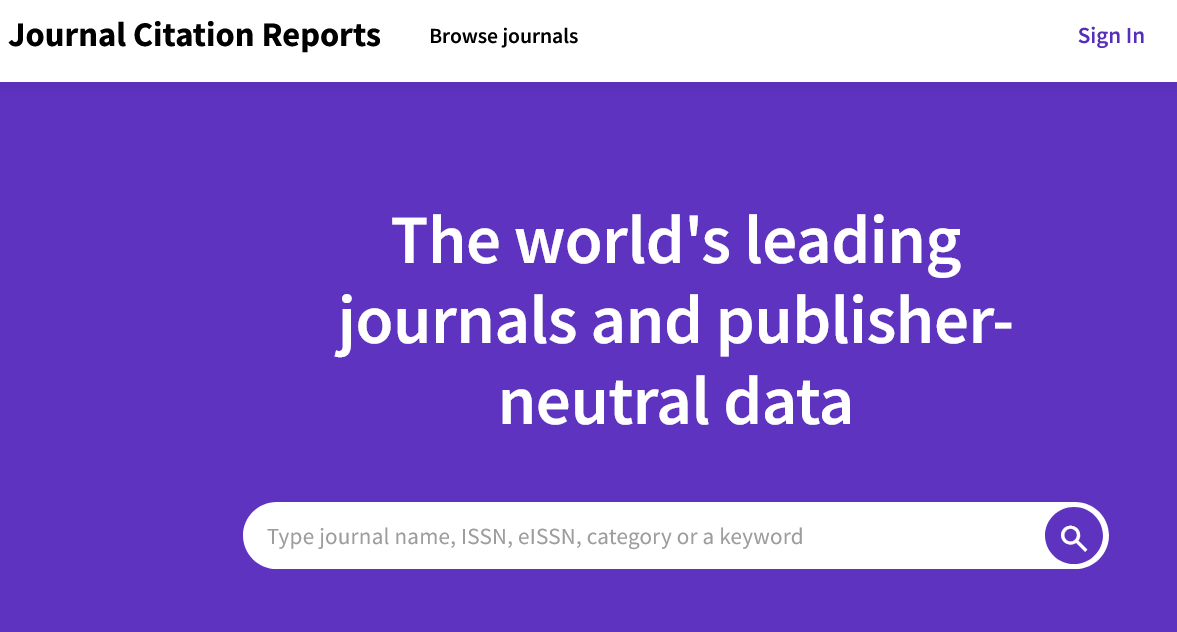The HSLS Staff News section includes recent HSLS presentations, publications, staff changes, staff promotions, degrees earned, etc.
Names in bold are HSLS-affiliated
News
Members of Data Services are excited to be part of the successful Pitt SEED Grant team for the “Cultivating a Data Science Learning Community” project. This project will address the growing demand for informal data science training across disciplines at Pitt and build the foundation for a sustained learning community. The project will be led by co-PIs Matthew Burton (School of Computing and Information), Gesina Phillips (University Library System), and Melissa Ratajeski, Coordinator of Data Services (Health Sciences Library System), and will include team members from both library systems: Tyrica Terry Kapral and Dominic Bordelon (ULS) and Helenmary Sheridan, Data Services Librarian, and Carrie Iwema, Coordinator of Basic Science Services (HSLS).
Publications
Rebekah Miller, Research and Instruction Librarian:
Escobar-Viera CG, Melcher EM, Miller RS, Whitfield DL, Gordon JD, Jacobson DA, Ballard AJ, Rollman BL, Pagoto S. A systematic review of the engagement with social media–delivered interventions for improving health outcomes among sexual and gender minorities. Internet Interv. 2021 Sept;25(100428). doi: 10.1016/j.invent.2021.100428.


 HSLS offers classes in a wide array of subjects—molecular biology, database searching, bibliographic management, and more! You can quickly view all
HSLS offers classes in a wide array of subjects—molecular biology, database searching, bibliographic management, and more! You can quickly view all